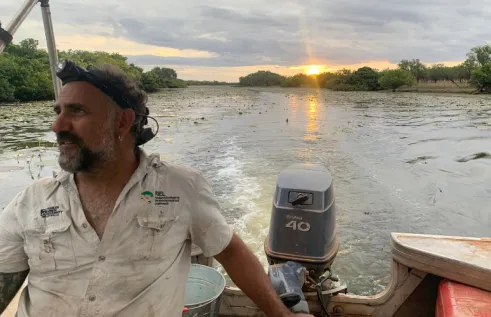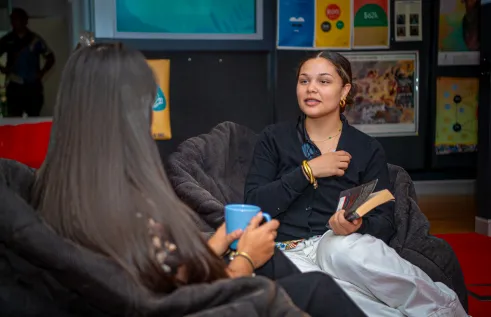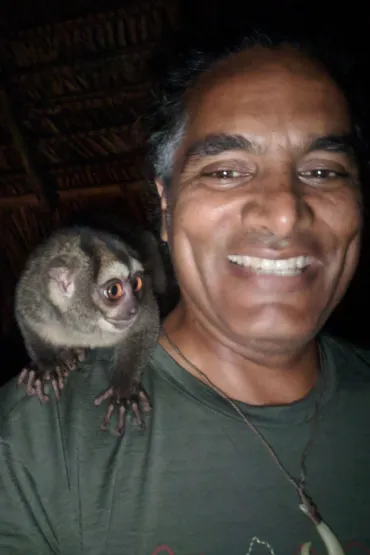RIEL seminar series
Positive welfare: the next step for farmed fish
| Presenter | Prof. Sunil Kadri | |
|---|---|---|
| Date/Time |
to
|
|
| Contact person | E: riel.outreach@cdu.edu.au | |
| Location | CDU Casuarina campus, building Yellow 1, Level 1, Room 39 and online | |
| Open to | Public | |
While research on fish welfare began more than two decades ago, it has received much more attention in recent years as both scientists and society in general have come to increasingly accept that fish are capable of pain, and possibly even suffering. On this basis, interventions to improve fish welfare in aquaculture have focused on removing negative welfare. As research probes further into the possibility that fish are capable of emotions, we have begun to look at how to provide positive welfare for these animals in our care. This seminar will cover what that means, what we know, and where we are going in this field.
Prof. Kadri recently joined the Research Institute for Northern Agriculture and Drought Resilience at Charles Darwin University as Professor of Tropical Aquaculture, following three decades of supplying knowledge and technologies to the aquaculture industry. Alongside his commercial career, he has remained active in research on fish behaviour and fish welfare through Honorary appointments at the University of Glasgow (where he completed his PhD) and University of Stirling (where he obtained his MSc) and most recently the Universidad Austral de Chile, which was local to his home in Patagonia, prior to his move to Darwin.
Related Events

STATE OF THE DIS-UNION: Media Literacy in the age of AI
The CDU Library is hosting a free panel discussion featuring Northern Territory journalists who will discuss media literacy, truth, and storytelling in the AI era. Attendees can learn how AI is transforming media, ask questions, and improve their understanding of navigating information in today's landscape.
Read more about STATE OF THE DIS-UNION: Media Literacy in the age of AI
Trophic dynamics of free-flowing tropical rivers
Colton Perna's PhD research explores how river flows and flooding shape freshwater fish communities in tropical rivers, using fatty acids to track how hydrology influences food webs and nutritional pathways. His findings highlight the critical importance of river flow and floodplain connectivity in sustaining productive aquatic ecosystems.
Read more about Trophic dynamics of free-flowing tropical rivers
Why Cross‑Cultural Communication Matters in Indigenous-focused Research
A cross‑cultural research partnership grounded in respect, shared knowledge, and educational equity. Discover how collaboration shaped a transformative PhD journey.
Read more about Why Cross‑Cultural Communication Matters in Indigenous-focused Research
